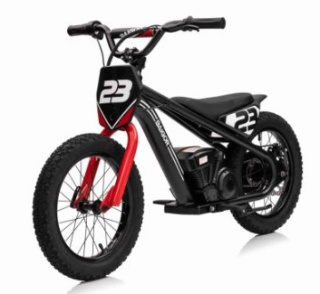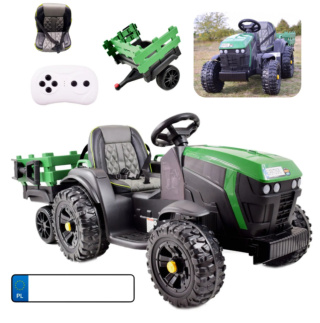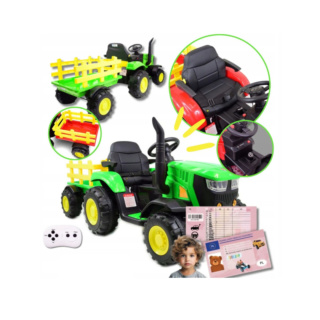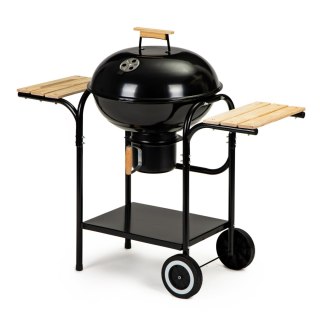

Wapno Mikrogranulat 20kg Florovit

Zabieg wapnowania doprowadza do optymalnego dla roślin odczynu podłoża (odkwasza glebę), ułatwia roślinom pobieranie innych składników pokarmowych oraz korzystnie wpływa na rozwój pożytecznej mikroflory glebowej. Stosowanie wapna Florovit redukuje skutki zbyt intensywnego nawożenia, które często powoduje zakwaszanie gleby i wzrost mchu.
Przeznaczone jest do nawożenia wszystkich rodzajów trawników, zarówno ozdobnych jak i intensywnie użytkowanych. Produkt można z powodzeniem stosować do zakładania trawników, jak i do trawników wieloletnich.
Florovit wapno do trawników przeznaczone jest do wszystkich rodzajów trawników:
- efektywnie wypiera mech
- skutecznie przeciwdziała pojawianiu się mchu
- szybko rozpada się pod wpływem wody
Sposób stosowania:
Dawki wapna powinny być ustalane w zależności od odczynu i rodzaju gleby wg tabeli.
Dawki wapna w kg/10 m2
Zakładanie trawnika (siew lub trawnik z rolki)
Wapnowanie podłoża przed założeniem trawnika ma na celu doprowadzenie do uzyskania pH gleby (na poziomie 6,0 - 7,0). Zabieg wapnowania należy wykonać co najmniej na 3-4 tygodnie przed planowanym wysiewem nasion lub wyłożeniem rolek trawy oraz przed zastosowaniem innych nawozów. Dawki wapna należy ustalać w zależności od odczynu i rodzaju gleby (patrz tabelka). Wapno należy rozsypać równomiernie na całej nawożonej powierzchni oraz zmieszać z wierzchnią warstwą gleby o miąższości 10-20 cm.
Safety Information
General hazards and precautions:
Risk of cuts and mechanical injuries: Use tools for their intended purpose to avoid injury. Before starting work, check the technical condition of the tools – damaged blades or handles can cause accidents1. Wear protective gloves to protect your hands from sharp tool edges and plants.
Risk of object recuncing: When working, make sure that there are no other people nearby to avoid accidental impacts. Keep your tools in good working order – loose parts can lead to kickback1.
Risk of slipping or falling: Work on stable ground, avoiding slippery surfaces. Store tools in an orderly manner to prevent tripping1. On sloping terrain, use shoes with non-slip soles.
Risk of noise and hearing loss: If you use tools in conjunction with mechanical devices, wear hearing protection.
Risk of electric shock: Avoid using metal tools near electrical installations. Check the condition of the wiring in electrical accessories and use properly grounded outlets1. Do not use electrical appliances in a humid environment unless they are designed to do so.
Risk of overheating: Avoid prolonged use of tools in direct sunlight. Store tools in the shade or enclosed spaces to avoid excessiveheat 1.
Risk of losing control of the tool: Use tools with ergonomic handles to ensure a stable grip. The blades of cutting tools should always be sharp to avoid excessive force during operation1.
Personal protective equipment:
Safety goggles: When working with cutting tools.
Gloves and knee pads: To protect your hands and knees when working on the ground.
Hat or cap: To protect yourself from the sun when working outdoors for long periods of time.
Additional tips:
In a humid environment, use corrosion-resistant tools.
Avoid working in extreme temperatures, which can affect tool life.
Regularly clean mud and dirt from your tools to prevent damage.
Lubricate the moving parts of your tools regularly to keep them running smoothly.
Store your tools in a dry place to avoid corrosion.
Replace worn components such as blades to ensure efficiency
Manufacturer details
Gardenflora
ul. Fabryczna 13
85-741 Bydgoszcz
Poland
730260740
[email protected]
Responsible person
Gardenflora
ul. Fabryczna 13
85-741 Bydgoszcz
Poland
730260740
[email protected]
![[{[item.product.name]}]]([{[item.product.photo.url]}] 75w)













